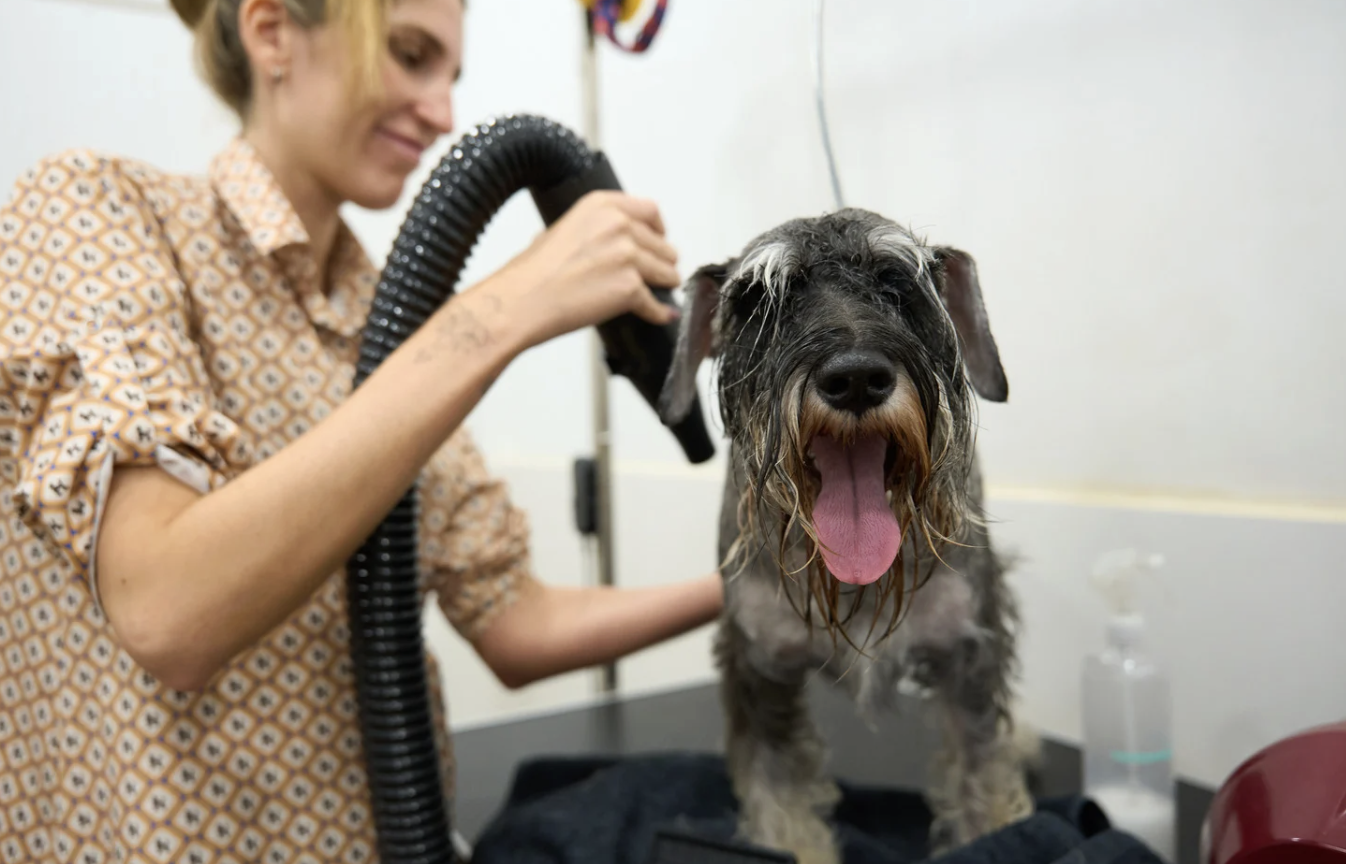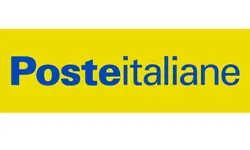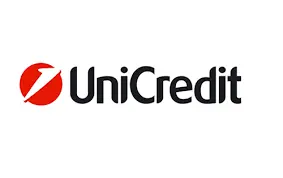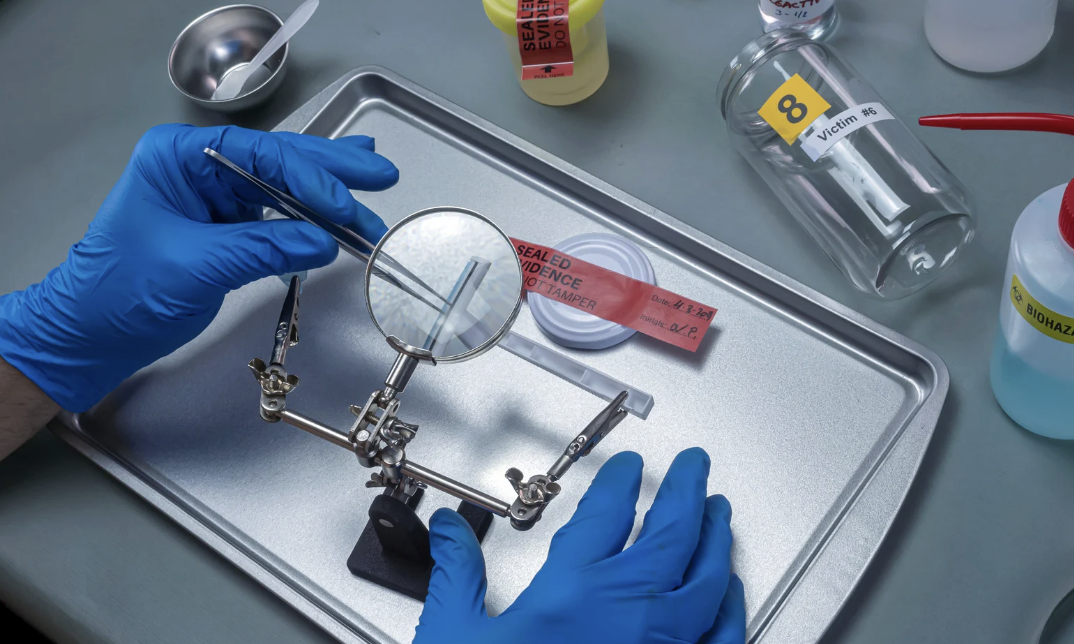Becoming a Successful Drilling Engineer: Step-by-Step Guide to Prosperity in the Oil Industry
The internet has become an integral part of our daily lives, with billions of people around the world relying on it for communication, entertainment, information, and much more. It has revolutionized the way we connect with one another, access knowledge, and conduct business. The internet enables us to stay in touch with friends and family, […]

Interior Design Success: Mastering the Field Without a Degree in 7 Simple Steps
The Technology of Tomorrow: A Look into the Future In today’s rapidly evolving world, technology plays a significant role in shaping how we live, work, and interact with one another. From smartphones to artificial intelligence, the advancements we have seen in recent years have been nothing short of miraculous. But what does the future hold […]

Inside Look: Pay Rates, Roles, & Top 10 Interior Design Jobs for the Creative Professional
The Great Barrier Reef, located in the Coral Sea off the coast of Queensland, Australia, is the largest coral reef system in the world. Stretching over 2,300 kilometers and covering an area of approximately 344,400 square kilometers, the Great Barrier Reef is home to a diversity of marine life, including hundreds of species of coral, […]

Creative Careers: Exploring Artistic Professions and Opportunities for Artists
Once upon a time, in a beautiful kingdom far, far away, there lived a young prince named Alexander. He was the only son of the King and Queen, and he was dearly loved by all the people of the kingdom. Alexander was a handsome and kind-hearted prince, with a brave spirit and a keen sense […]

Careers with Dogs: 13 Pawsome Occupations for Canine Lovers!
In today’s fast-paced world, it seems that our lives are constantly filled with deadlines, appointments, meetings, and obligations. We are always rushing from one task to the next, trying to fit in as much as possible in a limited amount of time. This constant busyness can often leave us feeling overwhelmed, stressed, and exhausted. In […]

Mastering the Follow-Up: Do’s and Don’ts After a Job Interview via Phone
When it comes to starting a business, there are many important factors to consider. From coming up with a solid business plan to securing funding and everything in between, the process of launching a successful venture can be overwhelming. However, one aspect that is often overlooked but is crucial to the success of any business […]

PRESTIplus: Il Prestito da 10.000€ Facile e Veloce!
Perché consigliamo il prestito con PRESTIplus Il prestito offerto è una soluzione ideale per chi cerca un finanziamento personalizzabile e conveniente. La flessibilità è uno dei principali punti di forza, grazie alla possibilità di modulare la rata in base alle proprie esigenze finanziarie. Questo tipo di prestito permette di gestire eventuali imprevisti economici, consentendo al […]

BancoPosta Flessibile: Scegli Tu le Rate, da 36 a 108 Mesi!
Perché consigliamo il prestito con BancoPosta Flessibile Il prestito offerto dalle Poste Italiane rappresenta una soluzione finanziaria vantaggiosa per chi cerca flessibilità e sicurezza. È un prodotto progettato per adattarsi alle esigenze personali, permettendo ai clienti di modificare il piano di rimborso in modo semplice e accessibile. Una delle caratteristiche principali è la possibilità di […]

Banco di Sardegna: Realizza i Traguardi che Desideri!
Perché consigliamo il prestito con Banco di Sardegna Il prestito offerto dal Banco di Sardegna rappresenta una soluzione affidabile e accessibile per chi ha bisogno di supporto finanziario per realizzare progetti personali o affrontare imprevisti economici. Una delle ragioni principali per cui lo consigliamo è la flessibilità delle opzioni proposte. Questo permette di scegliere piani […]

ING Mastercard Gold: La Carta Perfetta per chi Ama Viaggiare e Fare Shopping Senza Pensieri
Se ami viaggiare, fare shopping online o all’estero e desideri goderti ogni esperienza con il massimo dei vantaggi, la carta di credito ING Mastercard Gold è fatta apposta per te. Con servizi esclusivi come il cashback, l’assicurazione viaggio e un supporto attivo 24 ore su 24, puoi affrontare le tue avventure con totale serenità e […]

Vedi come richiederlo CreditExpress Dynamic Prestito
Il CreditExpress Dynamic Prestito rappresenta un’opportunità pratica per chi cerca una soluzione finanziaria flessibile e immediata. Grazie alla sua struttura dinamica, questo prestito è perfetto per chi ha bisogno di liquidità per spese quotidiane, acquisti importanti o progetti a medio termine. La carta di credito associata permette di avere un accesso immediato ai fondi e […]

Recensione ING Mastercard Gold: Il Top dei Benefici Premium per chi Cerca di Più
Se desideri una carta di credito premium che combini cashback, assicurazione viaggio e servizi esclusivi, la ING Mastercard® Gold è sicuramente un’opzione da tenere in considerazione. In questa guida dettagliata scoprirai tutte le caratteristiche, i vantaggi, i requisiti e anche un confronto con un’alternativa interessante come la Unicreditcard Flexia Classic, così da fare una scelta […]

ING Mastercard Gold: La Carta Perfetta per chi Ama Viaggiare e Fare Shopping Senza Pensieri
Se ami viaggiare, fare shopping online o all’estero e desideri goderti ogni esperienza con il massimo dei vantaggi, la carta di credito ING Mastercard Gold è fatta apposta per te. Con servizi esclusivi come il cashback, l’assicurazione viaggio e un supporto attivo 24 ore su 24, puoi affrontare le tue avventure con totale serenità e […]


